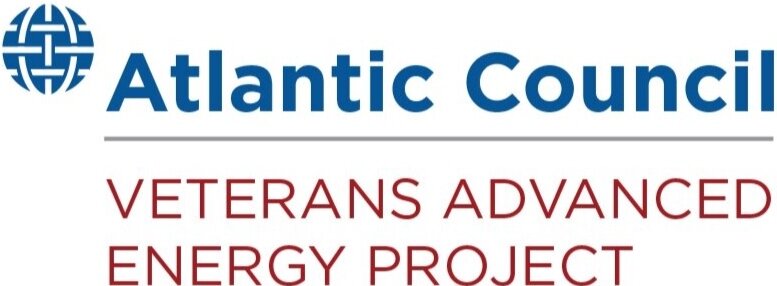Megan Glancey, a former Naval officer, is making significant contributions to the renewable energy sector through her role as a Manager for Renewable Development at Invenergy. Raised in the borderland of El Paso, TX, Megan's passion for energy security and national security led her to pursue a career in renewable energy.
After graduating from the United States Naval Academy in 2014 with a Bachelor of Science in English, Megan embarked on a successful career as an Electronic Warfare Officer in the EA-18 Growler aviation community. She had the honor of deploying aboard the USS JOHN C STENNIS with VAQ-133 in 2018-2019, where she flew combat missions over Iraq, Afghanistan, and Syria, as well as operations in the South China Sea.
Seeking new challenges, Megan transitioned into the Cryptologic Warfare Community and worked at the National Security Agency, where she developed Signals Intelligence policy. She also had the unique opportunity to serve as a White House Military Social Aide to President Biden, showcasing her exceptional external relations and public affairs skills.
With nine years of active duty service as an O3/LT, Megan decided to pursue advanced education, earning a Master of Arts in Government and Political Communication from Johns Hopkins University in 2022. Her research during her studies focused on the intersection between energy security and national security, with a particular emphasis on the Department of Defense's climate change mitigation and adaptation planning and energy transition solutions.
Currently residing in Boulder, CO, Megan manages the development of four renewable energy projects with a combined capacity of up to 5.5GW in NM, TX, and OK. In this role, she oversees a team of 10 land agents, analysts, and senior associates who are responsible for developing over 2.2 million acres of project area for wind, solar, and storage.
Megan's role requires her to regularly coordinate with federal, state, and local government officials to secure permitting approvals and contract negotiations. She also coordinates site studies for environmental and engineering compliance, highlighting her dedication to sustainable and responsible energy development.
Additionally, Megan plays a critical role in the recruitment efforts of the renewable and environmental industries, serving as the Co-Chair of Invenergy’s Veterans Network Recruitment Committee. She has developed strategic plans to engage top veteran talent at various levels of management, ensuring a diverse and skilled workforce in these green sectors.
Megan's military experience has provided her with invaluable subject matter expertise, reducing the need for external consulting, as she serves as an internal company representative with the FAA and DoD to mitigate renewable energy project impacts on national security interests.
Megan Glancey's journey from a Naval officer to the clean energy and environmental industries showcases her exceptional leadership abilities, dedication to resolving the global climate crisis, and passion for blending gray and green infrastructure solutions. Her impressive background and extensive experience have positioned her as a highly valuable asset in the Veterans Advanced Energy Project Fellowship.
If you could have any superpower, what would it be and why?
Teleportation.
What are you most excited and concerned about in advanced energy developments?
Complete and total fossil fuel phase out...someday, eventually. The science is clear, our fossil fuel dependence has the greatest CO2 impact on global temperatures further exacerbating the climate crisis.
How did the military influence your career trajectory into energy?
I flew in jets for the Navy and burned thousands of pounds of fuel daily. I was keenly aware of the negative carbon impact my role was directly having on the climate. Coming off active duty I knew I had one goal: work in a way to offset those impacts.
Why is energy important to US National Security?
National security is not as reductive as military spending. It is an amalgamation of economic, environmental, food, cyber, health, community, and yes, energy securities. How we power our lives is deeply intertwined with the welfare of Americans at home as well as our defense against foreign threats. Transitioning to renewable energy resources lessens our reliance on global import and further mitigates us from the cascading effects of the climate crisis thus strengthening our national security.
Do you have advice you would like to share with other veterans?
Transitioning off of active duty continues to be one of the hardest things I've done. From connecting with older veterans my suspicions have been confirmed: you will never fully assimilate to "life on the outside". We have all experienced something uniquely different from the work environments you step into in the "real world" and that difference will always be felt, even if vaguely over time. You have to connect with other veterans, even if you're taking the cold turkey approach to separation or retirement, I think the transition is way harder when you isolate yourself from the veteran community. I am eager to talk to and support transitioning vets who are looking for a new home in clean energy or environmental spaces, just ask, we're here and those connections will make a huge difference on how you enter into the next phase of life.




